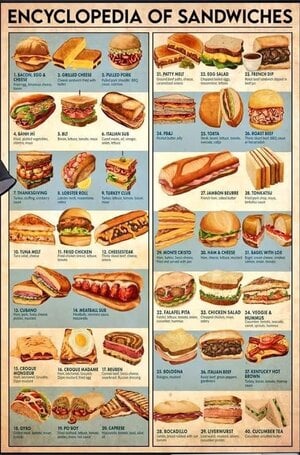Let’s talk about pedalboards and the endless pursuit of the perfect tone. Here’s my take: every single piece of gear you add to your pedalboard makes your setup exponentially more complicated.
Think about it—every knob on every pedal modifies your sound in a specific way. Now, multiply that by the number of knobs and switches on each pedal, and then multiply that by the number of pedals on your board. You’ve just created a system that’s orders of magnitude more complex than simply plugging directly into your amp—or, if you really need it, running through one or two well-chosen effects.
In the end, there’s no way your bass actually sounds better under all that complexity. What you’re really doing is chasing your tail, tweaking endlessly, and potentially masking the natural tone of your instrument.
I get it—buying gear is fun, and tweaking your sound is too. But personally, I’m moving in the opposite direction. Stripping things down to the essentials has helped me focus more on my playing and less on chasing a tone that may not even exist.
Sometimes, less is more. Simplicity gives you clarity, focus, and a sound that cuts through without getting bogged down in a maze of knobs and settings. So before you add that next pedal, ask yourself: Do I really need it?
Think about it—every knob on every pedal modifies your sound in a specific way. Now, multiply that by the number of knobs and switches on each pedal, and then multiply that by the number of pedals on your board. You’ve just created a system that’s orders of magnitude more complex than simply plugging directly into your amp—or, if you really need it, running through one or two well-chosen effects.
In the end, there’s no way your bass actually sounds better under all that complexity. What you’re really doing is chasing your tail, tweaking endlessly, and potentially masking the natural tone of your instrument.
I get it—buying gear is fun, and tweaking your sound is too. But personally, I’m moving in the opposite direction. Stripping things down to the essentials has helped me focus more on my playing and less on chasing a tone that may not even exist.
Sometimes, less is more. Simplicity gives you clarity, focus, and a sound that cuts through without getting bogged down in a maze of knobs and settings. So before you add that next pedal, ask yourself: Do I really need it?



 for me. Millions of people love the sound of this rig, so it's obviously awesome! However, it's not my sound.
for me. Millions of people love the sound of this rig, so it's obviously awesome! However, it's not my sound.